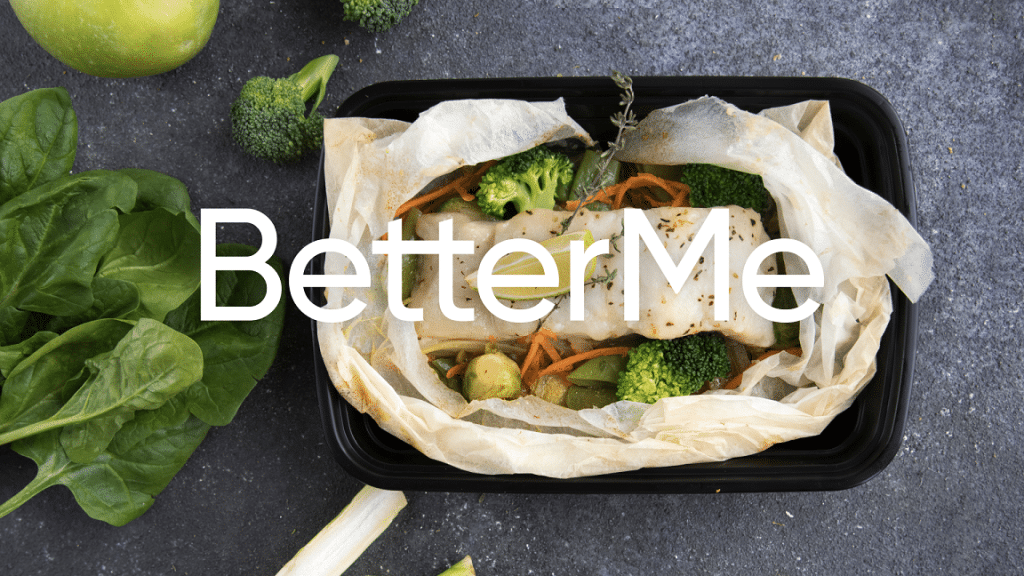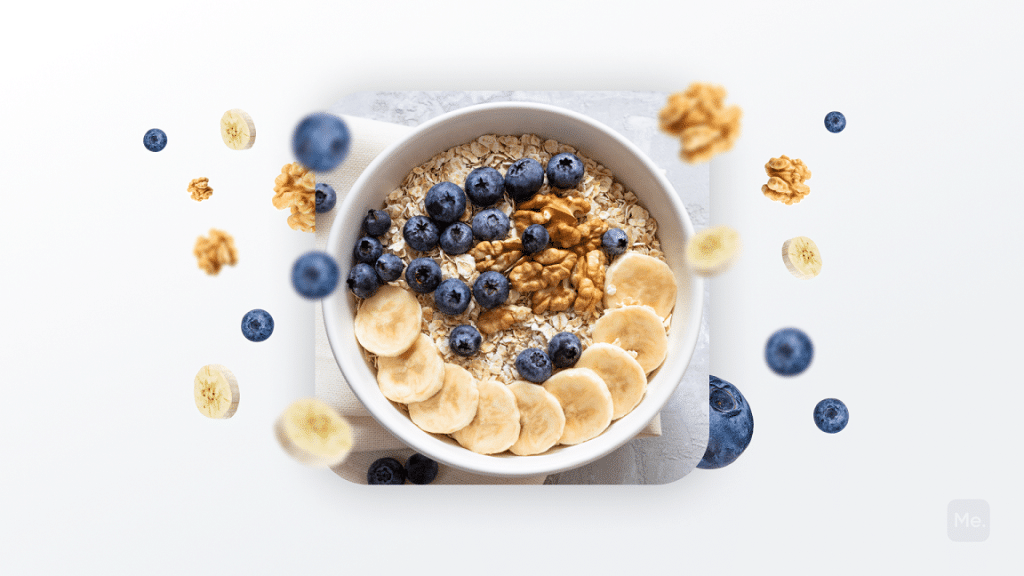Most women tend to retain baby weight postpartum. This weight often is displayed as a belly bulge, which makes many mothers uncomfortable. As such, you will find most of these mothers looking for weight-loss techniques. One weight-loss plan that most mothers settle for, due to its convenience, is the weight-loss diet plan. There are numerous diet plans that anyone can use to shed extra pounds. The keto diet plan ranks highly among weight watchers, so new mothers are curious to know the association between the keto diet and breastfeeding.
Does the keto diet and breastfeeding go hand in hand? This is a commonly asked question by new mothers looking to lose some of the weight they added during their pregnancy. Some believe the keto plan is healthy as it has been deemed a healthy weight-loss meal plan by some. Despite this, others argue it is not safe as it limits your calorie and carbohydrate intake which then affects lactation. Which of these two groups wins this argument? Let us find out!
In this article, we will discuss the keto diet plan and whether or not it is suitable for breastfeeding women. We will look into the scientific evidence on the association between the two and its benefits and risks. If you are thinking of starting this diet trend, keep reading to validate the safety of the keto diet plan among lactating mothers. Let us get started.
What Is The Keto Diet?
Before looking at the relationship between this eating plan and breastfeeding, it is essential to understand what it entails. This nutrition plan focuses on consuming foods that provide you with numerous healthful fats, adequate-protein amounts, and limited carbohydrates (9).
The rationale behind this eating plan lies in depleting your body of its sugar reserves to trigger it to instead acquire most of its calories from fat rather than carbs (9). It might help explain why the fat content in this eating plan is higher than the carb content.
Typically, a keto diet will help you attain 20% of your calorie from proteins, 10% from carbohydrates, and 70% from healthy fats (6). However, this may vary depending on the keto diet version you are following.
Read More: Types Of Keto Diet: Which Is Right For You?
Why The Keto Diet?
As mentioned earlier, there are numerous nutrition plans that both genders can use to lose weight. However, many women, specifically those who are breastfeeding, may be tempted to opt for the keto diet. This has led to the assumption that this eating plan does not affect lactating mothers. But is this really the case?
According to Medical News Today, people looking to lose weight may opt for the keto diet due to its vast list of health benefits. Some of these include (9):
-
Weight Loss
The keto diet supports weight loss in several ways. First and foremost, the diet may help in boosting your metabolism. Metabolism refers to the process by which your body converts what you consume into energy (5).
During this process, your body breaks down calories for energy provision, even when you rest (3). The more calories you burn, the more weight you shed, but so long as you consume fewer calories than your body is burning (5).
The keto diet may also support weight loss by helping to reduce appetite. Medical News Today acknowledges that most of the foods included in this eating plan are those that increase your satiety and reduce your hunger-stimulating hormones (9).
As a result, you tend to feel full for a longer time and limit both over-snacking and overeating. For these two reasons, breastfeeding women may be more interested in this diet plan for weight loss over others.
-
Reduced Acne
You may find that even after giving birth, some lactating women still struggle with acne. Acne is an inflammatory skin condition that causes you to have spots, whiteheads, cysts, and pimples, especially on your face (7). However, acne may also appear on your back, chest, neck, upper arms, and shoulders (7).
Scientists suggest several home remedies to help get rid of acne. These include using moisturizers, drinking green tea, applying tea-tree oil, or consuming a healthy diet (7). According to these experts, the diet must have a decent supply of vitamins E, A, and Zinc (7). Since the keto diet has these nutrients, some lactating women may think that following it could help reduce their acne.
-
Improved Health
Breastfeeding women may also go for this nutrition plan because it promises improved overall health. For one, Medical News Today states that the diet may reduce your risk of certain cancers (9). Studies reveal that the diet accomplishes this in two several ways.
It causes more oxidative stress in cancer cells than normal cells, leading to their death (9). This diet is sometimes recommended as a complementary treatment alongside radiation therapy and chemotherapy (9).
Secondly, the keto diet might reduce cancer risk by lowering blood sugar and insulin complications (9).Insulin is believed to have links to some cancers (9). Similarly, some scientists believe that this nutrition plan can improve overall health by boosting heart health.
The keto diet focuses on the consumption of healthy fats from sources such as avocados. These foods are believed to contain healthy fats that reduce cholesterol and help improve heart health (9). It may also help improve your overall health by improving your brain function.
According to Medical News Today research, ketones generated during ketosis might provide neuroprotective benefits that help strengthen and protect the brain and nerve cells (9). As a result, they could help protect brain functioning.
BetterMe app will kick you out of the mental funk, shake off your extra weight, rid you off you energy-zapping habits, and help you sculpt the body of your dreams. Intrigued? Hurry up and change your life for the better!
-
Seizure Control
WebMD also acknowledges that following a ketogenic diet can help control and manage seizures (8). According to the site, the eating plan has been used since the 1920s to help control seizures (8). In light of this, you may find lactating women who suffer from seizures are following this diet plan to help manage that condition.
Remember that you cannot decide what is good for your health without seeking professional help. So, speak to your healthcare provider before deciding what is good for you or how you will treat underlying health conditions.
Is The Keto Diet Healthy For Breastfeeding Women?
The low-carbohydrate, high-fat ketogenic diet has been proven effective in helping people lose weight and possibly reduce risk for various diseases such as obesity and cancer. From the benefits above, we have also validated that it can be an effective diet plan for those looking to adopt or maintain a healthy lifestyle. Breastfeeding women, however, have special nutrient needs and considerations.
The broad and growing list of these benefits has made most lactating women jump headfirst into this eating plan, even without consultation. If you were thinking of doing so, we advise you to pump your brakes and read this. Despite these potential health benefits, the keto diet is not considered safe for either pregnant or breastfeeding women.
Why Do Some Scientists Argue Against The Keto Diet While Breastfeeding?
There are scientists who argue that the nutrition plan affects maternal fertility deleteriously and increases one’s vulnerability to potentially fatal ketoacidosis during lactation (1). They further acknowledge that prenatal and early postnatal exposure to a keto diet can significantly change the neonatal brain structure.
As a result, it may lead to impaired physiological growth and accompanying behavioral and functional changes later in postnatal life (1). Similarly, scientists do not advise breastfeeding women to follow this meal plan because it consists of numerous filling foods like high-fat dairy.
You may argue that this is an advantage, which it is because it helps you lose weight. However, when we come back to reality and remember that we are talking about those who are breastfeeding, this approach has a disadvantage.
Remember that you have to consume a specific calorie limit to help with milk production. When you follow this diet, your satiety levels increase, limiting how much you eat, which could ultimately reduce your milk production.
Likewise, food experts do not promote this meal plan because it can lead to dehydration. The ketosis process can be dehydrating, and since this diet plan does not include a variety of fruits, you may end up being dehydrated.
Dehydration can lead to severe complications such as heat injury, seizures, urinary and kidney problems, and low blood volume shock, also known as a hypovolemic shock (2). Keep in mind that the keto diet has very low carbohydrate content.
Eating too few carbs can make you tired and grumpy for long periods of time and lead to brain fog (4). Such body changes can make it harder for you to deal with your newborn due to the low energy levels.
Read More: Ketogenic Amino Acids: Stay On Top Of Your Keto Game!
Does It Mean Breastfeeding Women Cannot Follow A Keto Diet?
Perhaps you are asking this question because you have seen your fellow lactating lady friend following this diet without any effect. As such, you believe the denoted risks above will also not happen to you.
Be warned, though, because we are all different, and we tend to react differently to various programs. You need to be cautious and seek professional advice and help first, especially if it is your first time following this diet plan.
It is necessary to remember that as much as you may be worried about your weight, your and your baby’s health comes first. You may end up following this diet plan and experiencing extreme side effects that may jeopardize your health and that of your baby. Some of the effects of following the keto diet that scientists pinpoint include (9):
- The Keto flu. It is characterized by headaches, vomiting, constipation, fatigue, nausea, low blood sugar, and low exercise tolerance.
- Kidney stones, especially if you follow this eating plan long-term.
- Excessive protein in the blood.
- Fat build-up in the liver.
- Mineral and vitamin deficiencies.
Lean and toned up body isn’t just a far-fetched fantasy. Check out the BetterMe app and watch it propel your weight loss journey into high gear!
How To Incorporate The Keto Diet Plan When Breastfeeding?
If you are still adamant about starting this meal plan, we advise you to consult with a professional. They need first to determine if the eating plan is safe for both you and your baby. If it is, they will teach you the Keto diet principles. Most likely, they will recommend a more moderately low-carbohydrate diet that will still help you lose weight but provides adequate nutrition to you and your baby.
The foundation of this eating plan is in its foods. Remember that we mentioned fats make the most significant percentage, followed by proteins, and lastly carbohydrates. Ask your dietitian or nutritionist how you can attain your daily calorie limit without affecting your milk production.
Likewise, ask them to help you create effective breastfeeding and pregnancy low-carb diet recipes or menus that consider your dietary needs and those of your newborn. Keep in mind that there are foods you can and cannot eat when following this nutrition plan.
For example, the keto diet allows you to eat seeds, nuts, full-fat cheese, fish, eggs, fibrous vegetables, plain Greek yogurt, and other dairy products (3). Ask your nutritionist for help to identify suitable recipes and meal plan ideas.
The Bottom Line
It is crucial to take a hard look at the keto diet and breastfeeding approach before following this diet plan when lactating. Although it can help you lose weight, reduce acne, and improve your overall health, the meal plan can also pose various risks for you and your baby.
It may lead to dehydration, reduced milk production, brain fog, low energy levels, and retarded physiological growth in infants. So, talk to your doctor and nutritionist first for more guidance on how to diet while breastfeeding without jeopardizing your health or that of your newborn.
DISCLAIMER:
This article is intended for general informational purposes only and does not address individual circumstances. It is not a substitute for professional advice or help and should not be relied on for decision-making. Any action you take upon the information presented in this article is strictly at your own risk and responsibility!
SOURCES:
- A gestational ketogenic diet alters maternal metabolic status as well as offspring physiological growth and brain structure in the neonatal mouse (2013, ncbi.nlm.nih.gov)
- Dehydration (2019, mayoclinic.org)
- Is the keto diet for you? A Mayo expert weighs in (2020, mayoclinic.org)
- Low Carb, High Carb, Bad Carb: How Much is Best (2018, webmd.com)
- Metabolism and weight loss: How you burn calories (2020, mayoclinic.org)
- What to know about ketosis (2020, medicalnewstoday.com)
- What you need to know about acne (2017, medicalnewstoday.com)
- What’s a Ketogenic Diet? (2021, webmd.com)
- Why is the keto diet good for you? (2020, medicalnewstoday.com)















